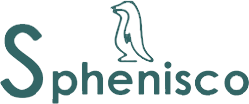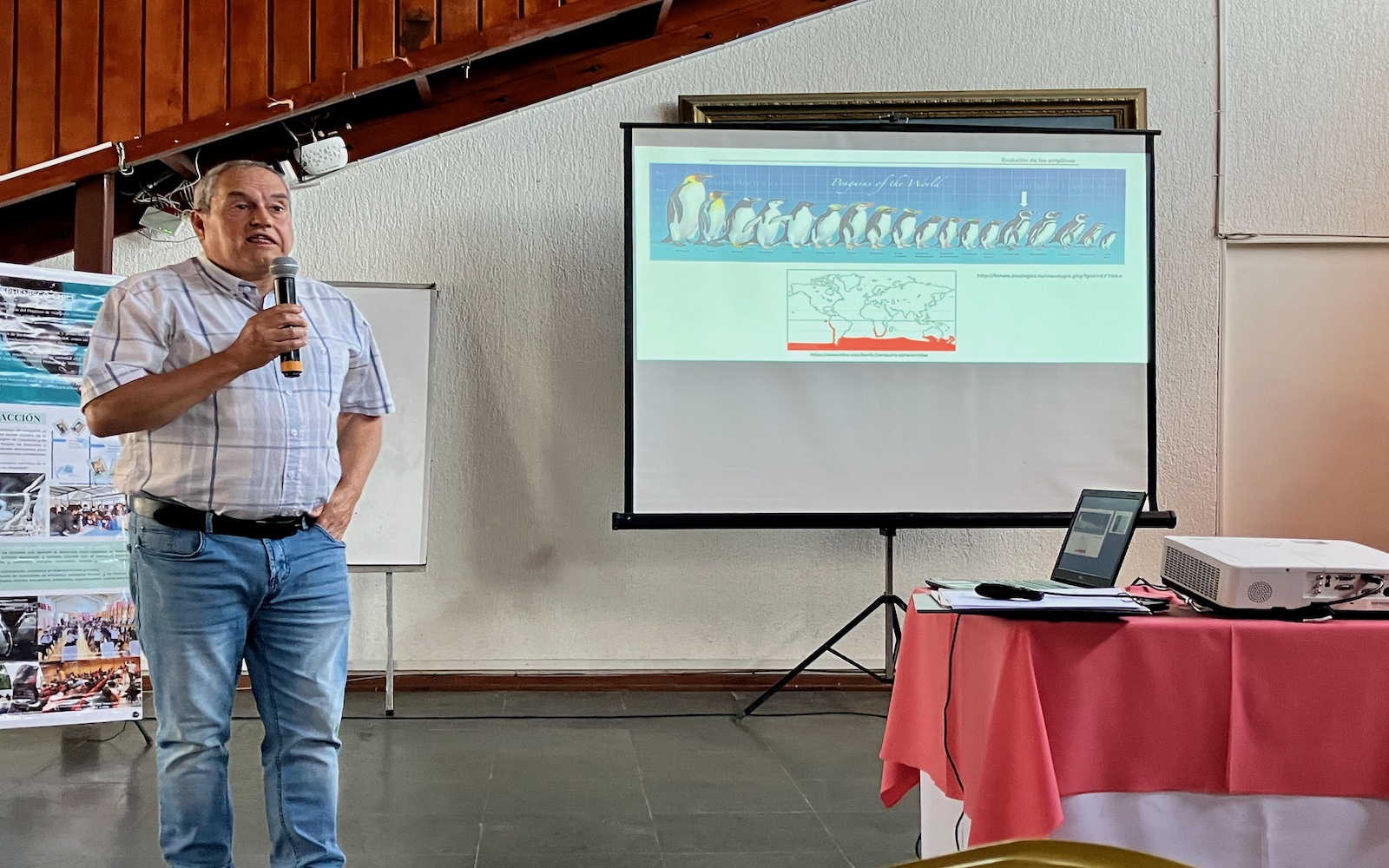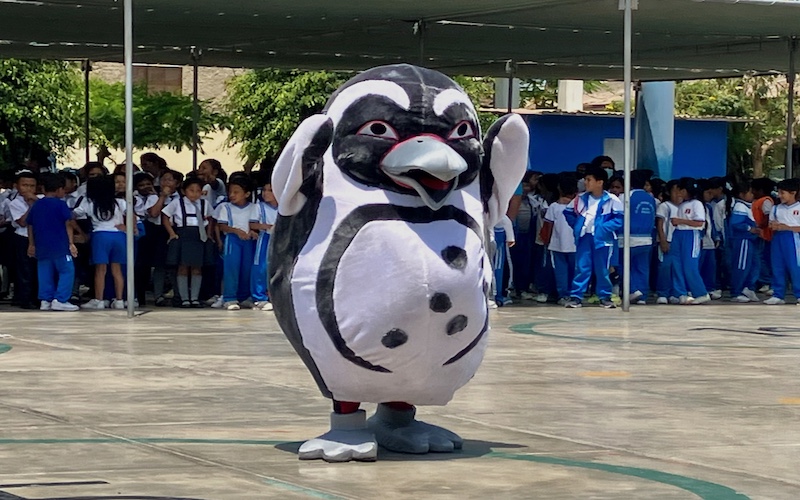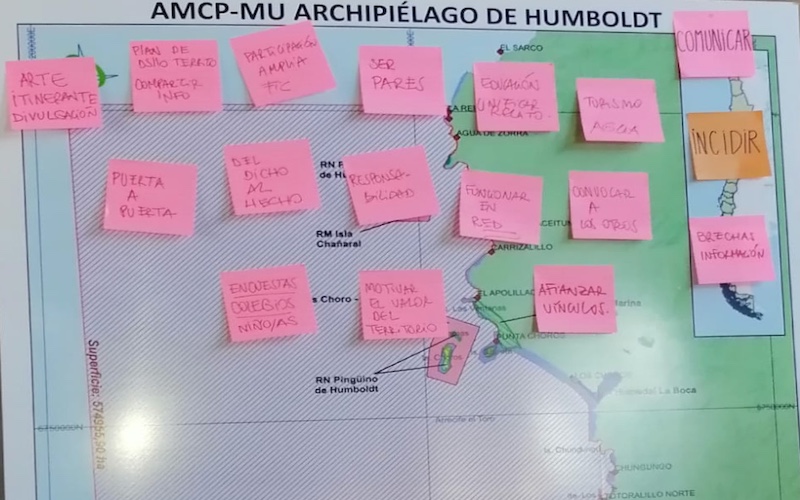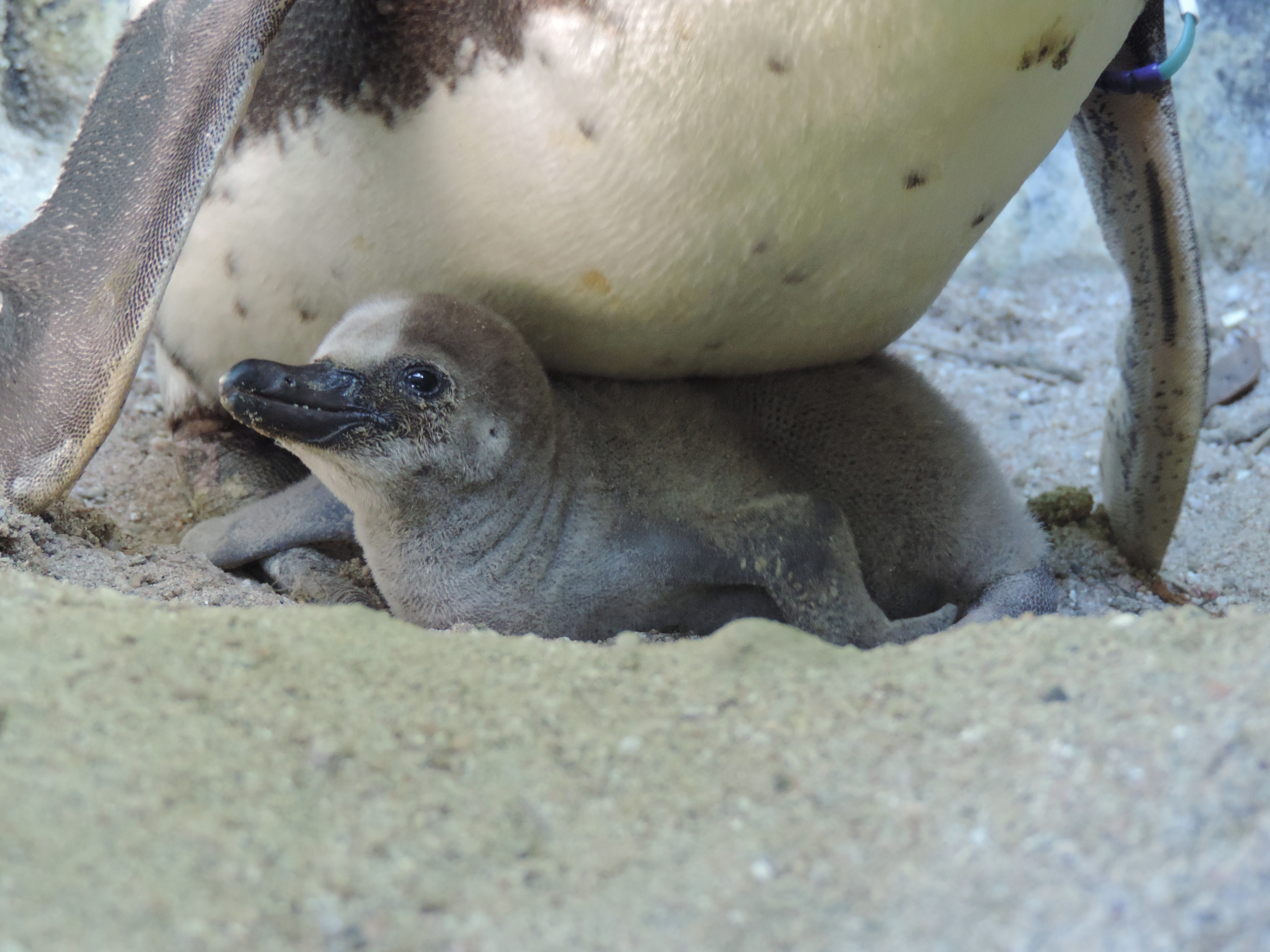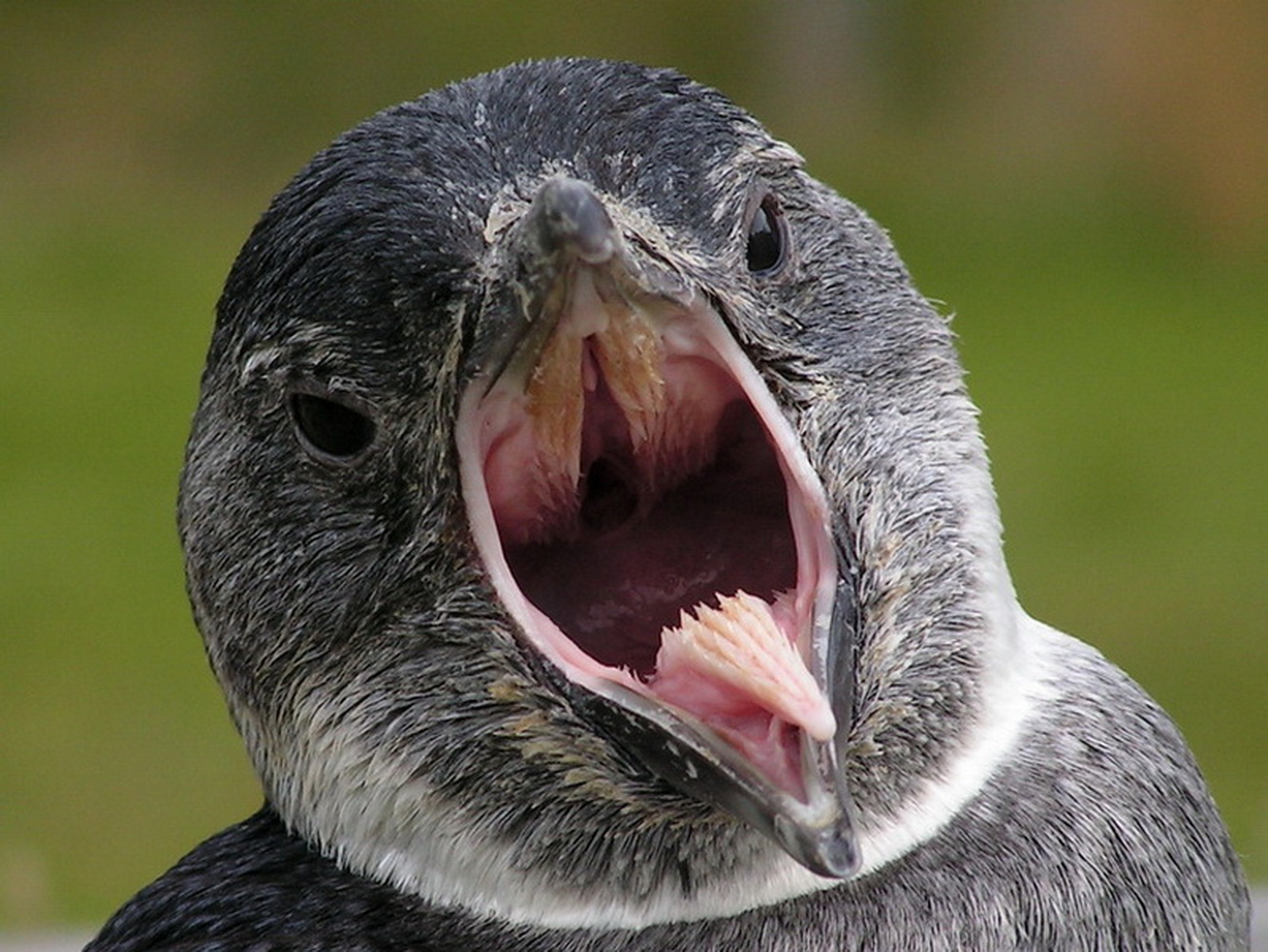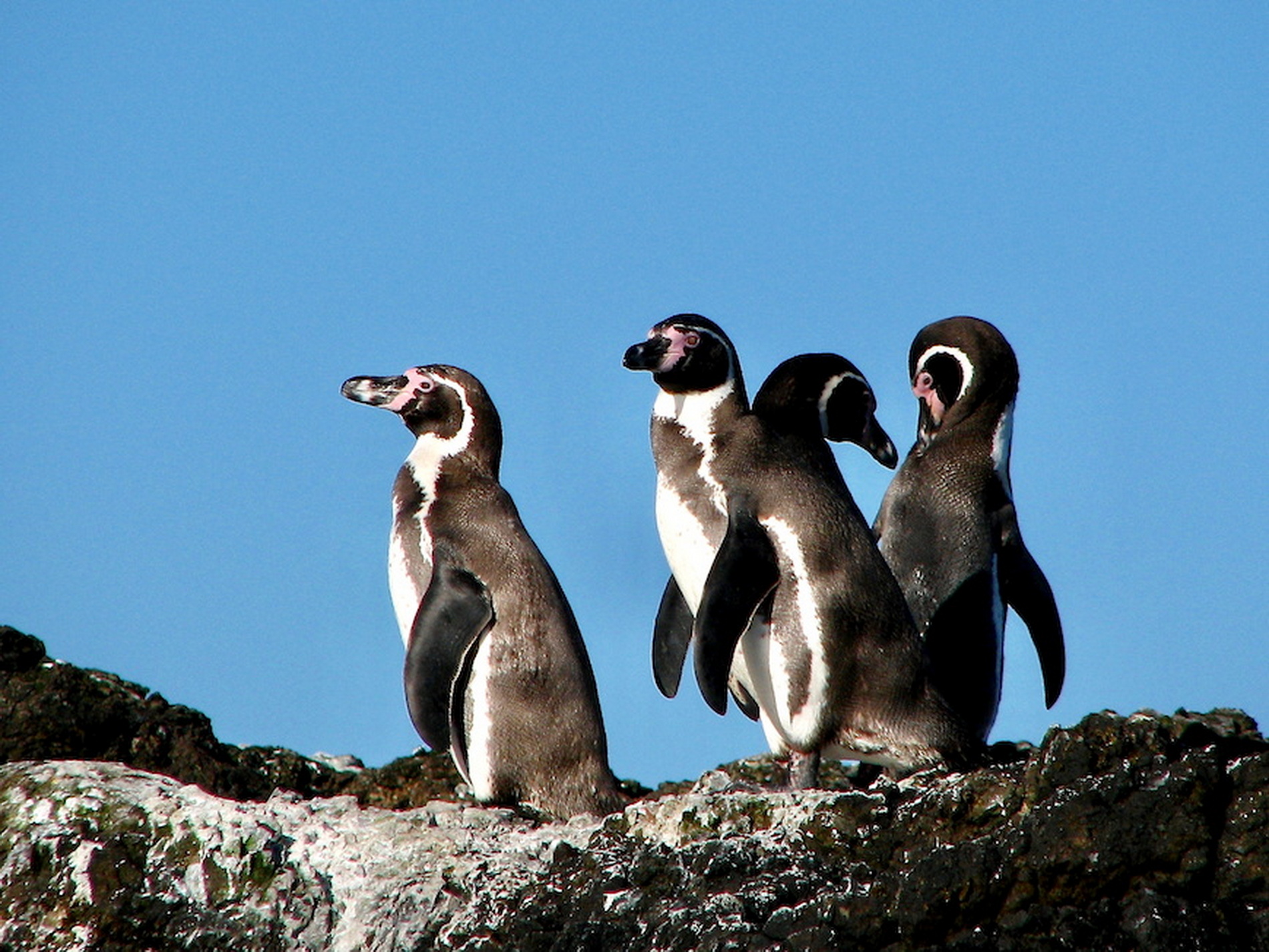Sphenisco
Sphenisco – Conservation of the Humboldt-Penguin
Humboldt Penguins need our help – Internationally!
Humboldt penguins are threatened with extinction. That is why Sphenisco, together with conservationists, scientists and citizens, supports the protection of breeding colonies and the marine areas surrounding them. In 2019, the close cooperation with citizens and their local organisations led to the establishment of the "Alianza Humboldt" network, which now brings together more than 70 national and regional organisations. Sphenisco was among the 20 founding members with organisations such as Oceana, Greenpeace (Chile) and Seashepherd.
Latest articles
Humboldt penguins are highly endangered
In addition to these factors, large-scale projects have repeatedly threatened the most important breeding area, the Humboldt Archipelago in northern Chile, for more than 20 years.
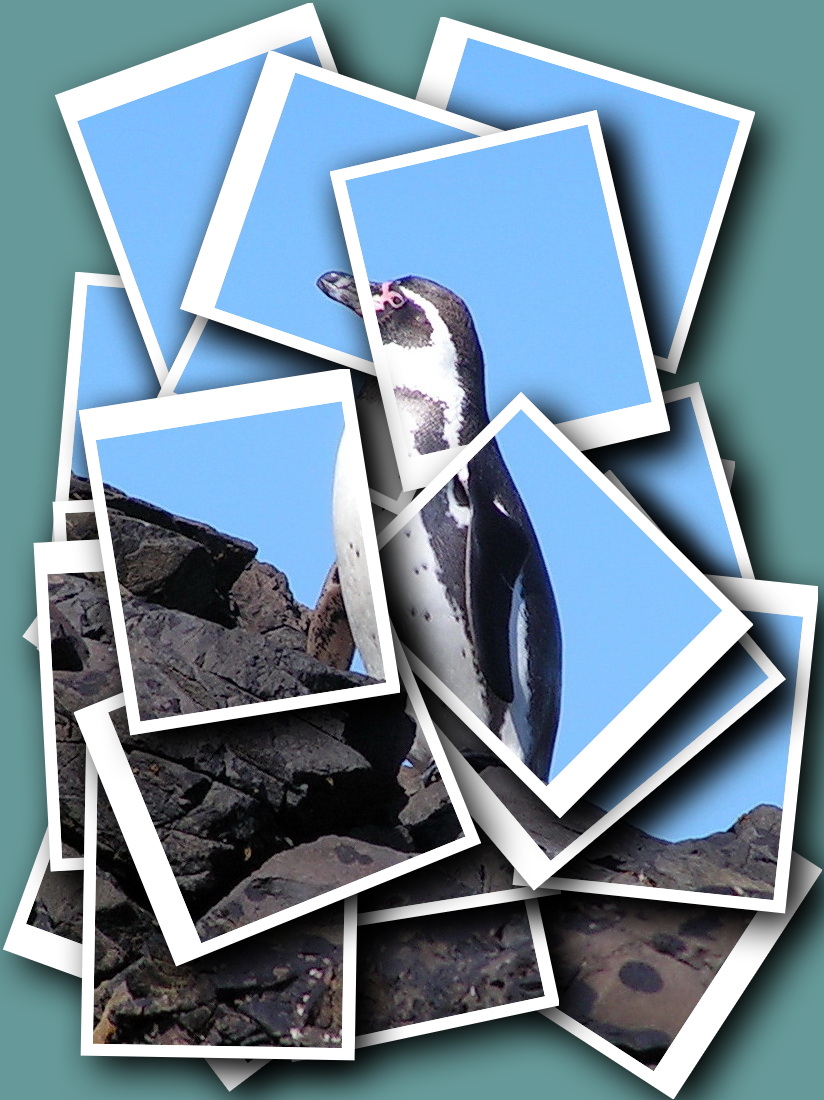
Fish population
Marine pollution
Fishing
Illegal actions
Education and public relations
To prevent extinction, Sphenisco has been raising awareness among the local population and authorities since 2008 to protect the habitats of this penguin species. The target groups are mainly fishermen and school children of all ages. Priority objectives are the protection and monitoring of breeding colonies, the establishment of marine protected areas with sustainable use, the enforcement of fishing bans with gillnets and the prevention of fishing with dynamite.
In Europe, Sphenisco points out the danger of damaging a distant ecosystem through one's own consumption and lifestyle and therefore promotes, among other things, the consumption of sustainably caught fish, the avoidance of plant fertilisers containing guano and the avoidance of plastic waste.
Animal rescue
Science and research
Cooperation with zoological gardens
Modern zoological gardens place great emphasis on environmental education and species conservation. A number of European zoos (1) therefore also support Sphenisco's habitat conservation activities in Chile and Peru. These zoos inform their visitors about the threats to Humboldt penguins and the work of Sphenisco. Since 2019, some have been promoting the work with the help of the so-called "Species Protection Euro". The considerable grants make it possible to expand educational and public relations work as well as to carry out the aforementioned research projects.
Sphenisco's cooperation with its South American partners is recognised as exemplary by the World Association of Zoos and Aquariums (WAZA) and is an official in situ conservation project.



